What is anxiety?
Anxiety is what you might call a warning system. It’s a mental, physical, and emotional response that your body uses to prepare the way for action. It’s the cause of all sorts of issues including stress, tension, insomnia, exhaustion, and panic attacks. Know how to get rid of anxiety attacks in this article. Anxiety usually manifests as severe breathing difficulties (shortness of breath), palpitations (rapid heartbeat), nausea & vomiting and shaking/trembling. To experience an anxiety attack you will probably feel like something is wrong with you or that something terrible may happen.
Some people experience anxiety disorders as a result of going through a traumatic event and later develop a generalized anxiety disorder. The most common triggers for anxiety disorders include situations in which you’re faced with a minor or major threat, smoking, blood pressure-related issues (such as pain or dizziness), mixed drink consumption (alcohol), stress, associated with personal trauma, or problems, and caffeine consumption.
If you have an existing mental health condition then it will most likely be exacerbated by severe tension and stress. If you are also searching for how to get rid of anxiety, then this article is for you.
Symptoms of anxiety:
Many people may experience symptoms such as feeling restless, nervous, irritable, forgetful, worried about the future, or about something else that is not important. However, these are just some of the many symptoms of anxiety. Many people have an unusual reaction to a particular situation and start to experience high levels of anxiety.
These reactions can vary from not being able to sleep due to worrying thoughts or suddenly experiencing physical symptoms such as stomach pains which are often referred to as a panic attack.
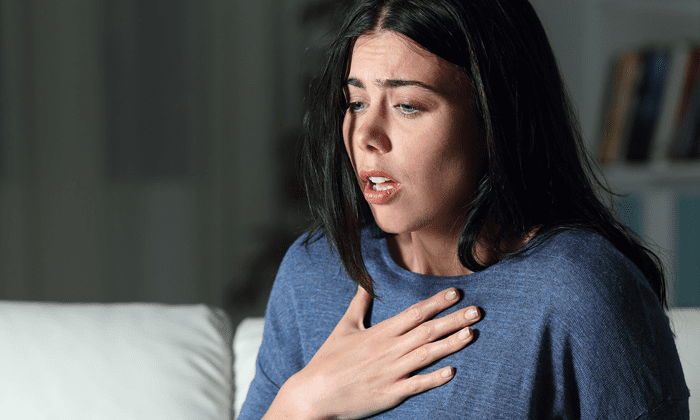
Types of anxiety:
Anxiety disorders are a set of mental illnesses that are included in the most common diagnoses. These mental illnesses may cause distress and related difficulties in social and occupational functioning. Anxiety disorders are classified into different types such as generalized anxiety disorder or perhaps panic disorder or obsessive-compulsive disorder.
-
Generalized anxiety disorder (GAD) :
Generalized anxiety disorder (GAD) is the most commonly occurring type of anxiety disorder. It is a condition that appears to have no specific cause, but symptoms of GAD can interfere with social and professional functioning. The essential feature of this disorder is excessive and prolonged worry about several different issues. This worry may be difficult for others to recognize. People with generalized anxiety disorder worry about many different events or activities such as work, finances, health, family problems, or other issues. Some people with GAD may feel that they are being watched or followed and have a sense of being in danger even when no real threat exists.
-
Panic Disorder –
A hidden fear of having a heart attack or other physical symptoms of anxiety causes the above-mentioned fears.
-
Social Phobia –
Fear of negative judgment and criticism from others, which cause embarrassment and humiliation. This is also called ‘social anxiety disorder’ or ‘social phobia’.
-
Obsessive-Compulsive Disorder –
Unwanted and repetitive thoughts and actions (obsessions) can develop into anxiety (compulsions). Obsessive-Compulsive Disorder is an anxiety disorder that causes a person to have unwanted and repetitive thoughts (obsessions) or to perform certain actions over and over again (compulsions). This often causes severe discomfort and distress. OCD affects people of all ages, including children, although it is known to be more common among older adults.
-
Post-Traumatic Stress Disorder –
A serious anxiety disorder that develops after a terrifying life-threatening experience.
How to get rid of anxiety attack
Treatments of Anxiety
So the question is how to get rid of anxiety, The treatment of anxiety is a clinical science that has been growing in recent years. There are many different treatment options for anxiety, and the best one will depend on the severity of the patient’s symptoms and their preferences. Treatment can consist of psychotherapy, medication, exercise, lifestyle changes, or a combination thereof. Regardless of what treatment someone may need to manage their anxiety disorder, they need to be aware that they do not have to suffer from this condition alone. There are many options available to help alleviate symptoms, control the disorder, and better one’s quality of life.
Also read: Meditation to get rid of anxiety
-
Psychotherapy:
The first type of treatment that will be addressed is psychotherapy. There are many different types of psychotherapy and different therapists will focus on specific areas. Regardless of the type, all types of therapy can be very helpful in treating anxiety disorders. The most common form is CBT or Cognitive Behavioral Therapy. This therapeutic approach focuses on behaviours and how those behaviours affect one’s thoughts and mood. Someone can be taught to analyze their thoughts and how they affect moods, and this can help with anxiety disorders.
-
Medication:
Medication (specifically SSRIs) is a very common form of treatment. This type of treatment works by changing neurotransmitters in the brain that are responsible for causing anxiety symptoms. One of the most common medications used to treat anxiety is SSRIs. These include Paxil, Prozac, Zoloft, and many others. The most common side effect of these medications is weight gain, although this can be controlled through diet and exercise.
Medication can also be used for panic disorders. This treatment option uses medications to treat the symptoms of panic attacks and phobias. Treatment with medication for panic disorder includes benzodiazepines like Ativan and Xanax, as well as antidepressants like Prozac, Effexor, Celexa, Paxil, Lexapro, and many others.
Causes of Anxiety
There are many causes of anxiety. Some scholars believe that anxiety results from a range of cognitive processes, including worry, fear of failure, and self-consciousness as well as physiological reactions such as increased levels of cortisol (the stress hormone) levels in the brain.
Besides the cognitive and physiological causes of anxiety, there are two other main categories commonly associated with anxiety: trauma-related causes and psychological causes.
-
Trauma-Related Causes
The trauma-related causes of anxiety are often divided into two types. First, there are the non-trauma-related causes of anxiety. These are usually related to any major life events that occurred in a person’s adolescence or childhood, such as divorce, parental death, abuse, or neglect.
The second type is the trauma-related causes of anxiety. These are usually related to a traumatic event or series of traumatic events that occurred in a person’s life around the age of 18. This can include any number of events: witnessing domestic violence, exposure to bullying in school, or experiencing an accident or a violent crime.
-
Psychological Causes
The psychological causes of anxiety are some cognitive vulnerabilities that create an increased probability of anxious outcomes. Generally, these are considered to be people who are more neurotic, having higher levels of neuroticism or negative emotionality. These kinds of people will have an increased probability of becoming anxious even in the absence of any other major life events.

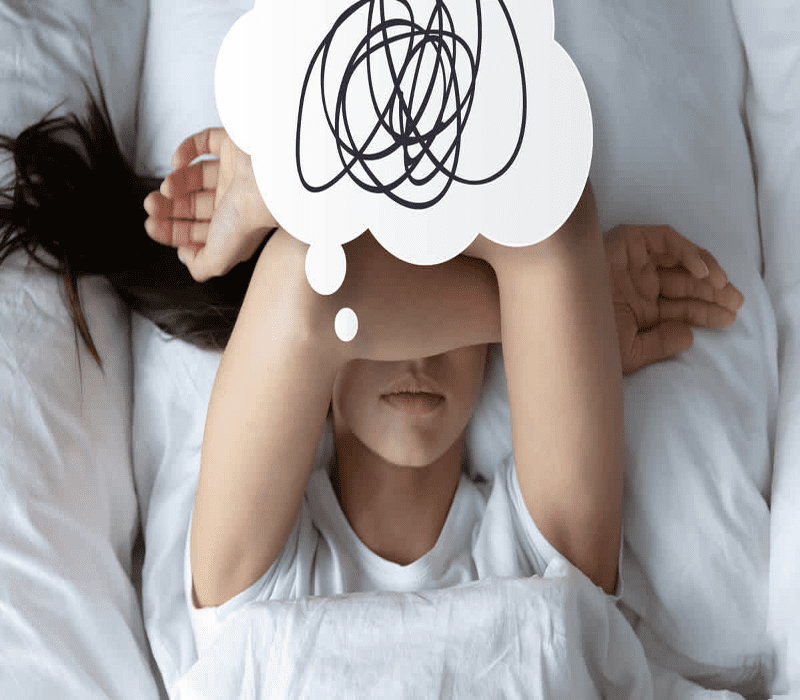
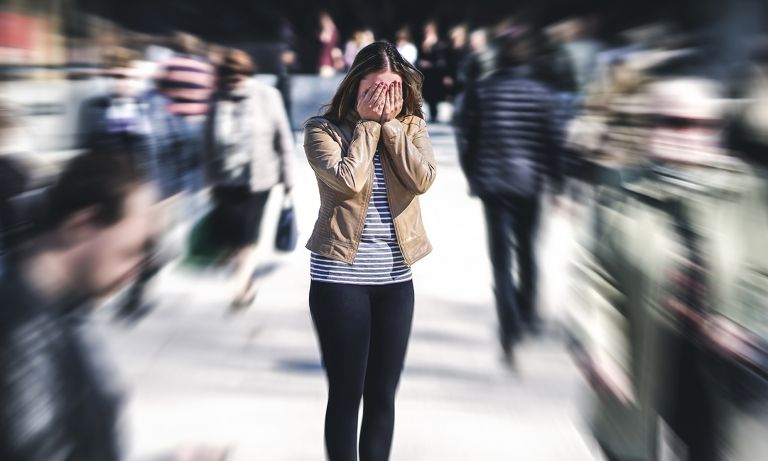
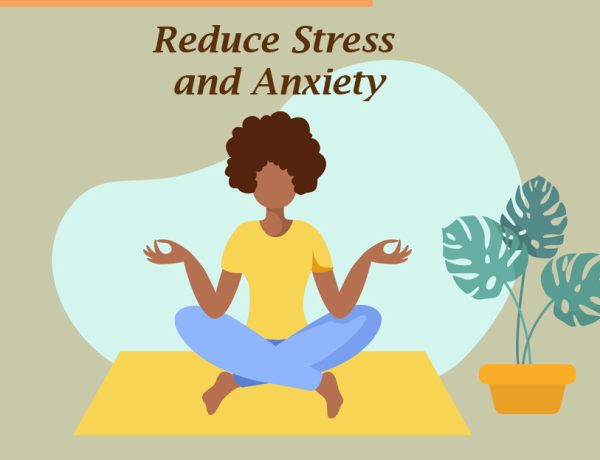

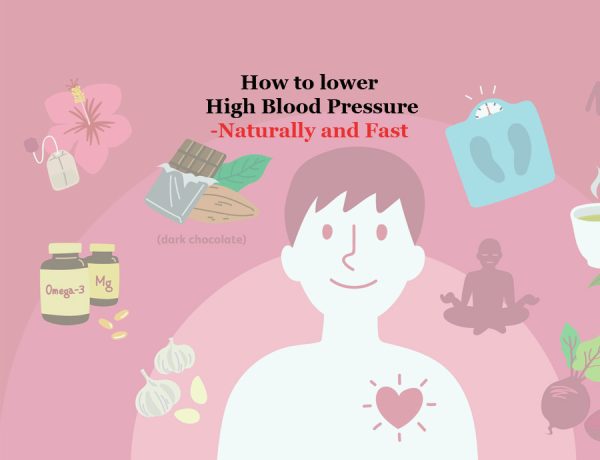




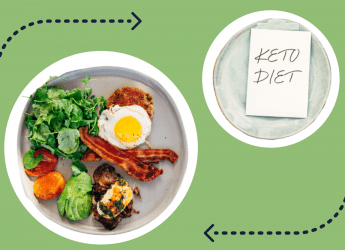


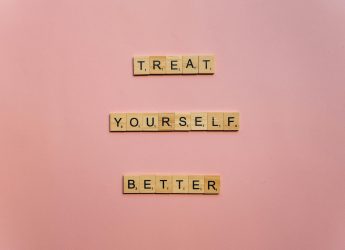

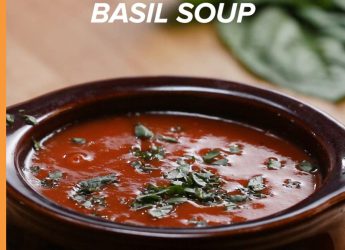



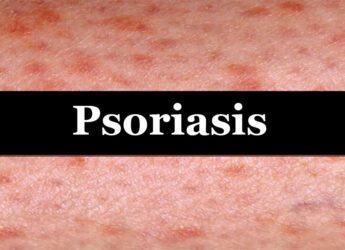





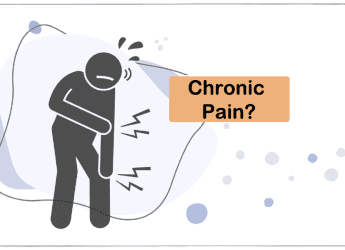

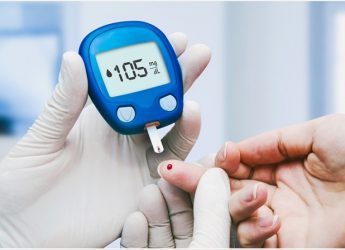

No Comments